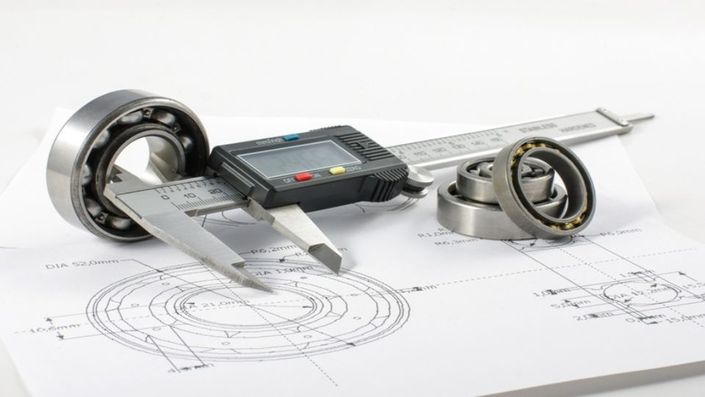
E MDR 2017/745
The European Union Medical Device Regulation 2017/745, or MDR, is a significant development and strengthening of the existing regulatory system for medical devices in Europe.
The legislation in the form of a Regulation rather than a Directive means that the EU law is directly enforceable in all member states without requiring transposition by each member state into national law.
This will allow for greater legal certainty and prevents variation in the approach taken or in the rules relating to medical devices that are applied across EU Member States.
The EU Medical Device Regulation applies to all manufacturers selling medical devices within Europe, which means that companies that place medical device products on the European Market have legal obligations.
What Does it Mean?
For EU MDR there are several immovable dates that should be considered:
Immovable Dates:
- All Class I devices - Registered to MDR May 2021;
- Systemic MDR requirements in place May 2021:
- PMS system including PMCF - Plans for all products May 2021;
- CERs updated to MDR rev 4 May 2021;
The following are some of the system requirements for EU MDR that must be put in place:
System Requirements:
- Management of Restricted Substances;
- System in place to acquire clinical data;
- Quality Systems Updated to meet MDR requirements;

EU MDR Chapters
There are 10 Chapters containing 123 Articles:
- Chapter I, Articles 1-4 - Scope and definitions
- Chapter II, Articles 5-24 - Making available on the market and putting into service devices, obligations of economic operators, reprocessing, CE marking, free movement
- Chapter III, Articles 25-34 - Identification and traceability of devices, registration of devices and of economic operators, a summary of safety and clinical performance, European database on medical devices
- Chapter IV, Articles 35-50 - Notified bodies
- Chapter V, Articles 51-60 - Classification and conformity assessment
- Chapter VI, Articles 61-82 - Clinical evaluation and clinical investigations
- Chapter VII, Articles 83-100 - Post-Market Surveillance, vigilance, and market surveillance
- Chapter VIII, Articles 101-108 - Cooperation between Member States, Medical Device Coordination Group, expert laboratories, expert panels, and device registrars
- Chapter IX, Articles 109-113 - Confidentiality, data protection, funding and penalties
- Chapter X, Articles 114-123 - Final provisions

MDD vs. MDR
Any manufacturer who has kept up to date with the European standards and MEDDEV guidance updates on vigilance, clinical evaluation, clinical investigations, and post-market clinical follow-up, together with the current EN standards for quality management and risk management, will find very little in the new EU MDR that they are not already addressing.
The course list of topics summarizes what is new or different in the

All Roads Leads to MDR
This is an introductory module to explain how, why, and when the new regulations have come into force, what they consist of, and some of the new and strengthened features.
We will look at some of the historical events that have occurred over a period of decades and their consequences and we will be able to see the triggers for changes in legislation and understand what brought these changes about.
This module includes a high-level overview of the contents of EU MDR 2017/745, some of the new features, and the timelines for compliance, and we'll look at how the new MDRs compare to MDD.
Example Curriculum
Why MDR is so important for medical device manufactures
The Medical Device Regulation (MDR) is a set of regulations established by the European Union (EU) that govern the production and sale of medical devices within the EU. MDR replaces the previous Medical Device Directive (MDD) and introduces several new requirements for medical device manufacturers.
MDR is crucially important for medical device manufacturers because it requires a higher level of scrutiny and regulation of medical devices. It is designed to ensure that medical devices are safe, effective, and perform as intended. Compliance with MDR is mandatory for all medical device manufacturers that wish to market their products in the EU.

Example Featured Products
More FREE courses from the house of Orcanos Academy.




